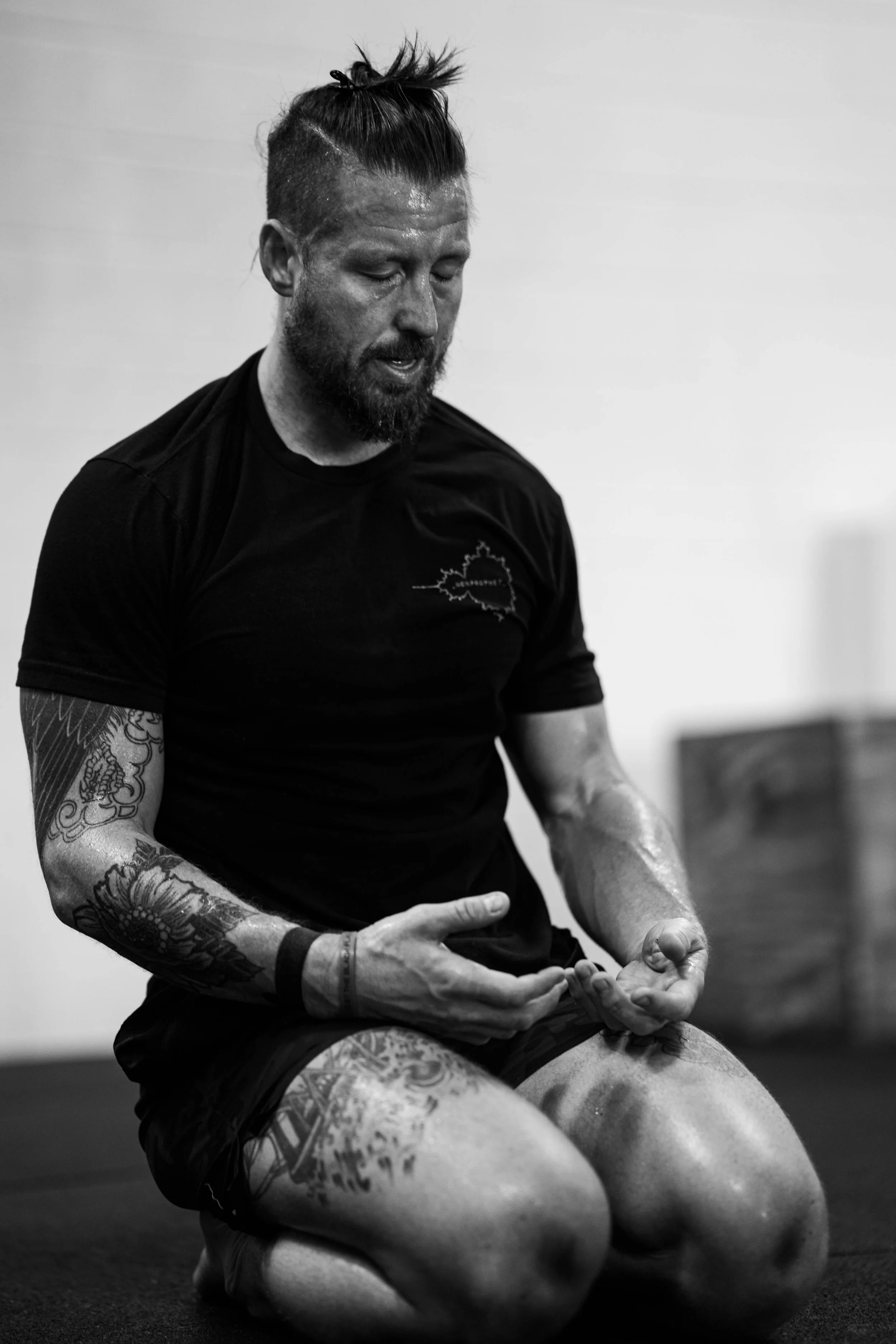Just when you start to feel fit…
There is no such thing as perpetual growth; or if there is, it’s cancer. In stark contrast, yet leading to a similar outcome, that which does not grow dies. Somewhere between those extremes, I am supposed to feel “ok”—lifting multiples of my body weight off the ground or running at a quick clip for 30 to 60 minutes. The spectrum of fitness, from strength to endurance, shares the same zero-sum sensation as all biology: about the time I feel adequate, nature likes to say, “Nay, not today.”
For years, I trained with the thought that one day I would simply “arrive” at an elite capability that I could maintain for the rest of my days. But as soon as I reached any significant milestone, life would present a change that either derailed my progress or marked it as irrelevant. These changes took many forms: injuries from pushing a little too hard, illness that hit right as I actualized some new aerobic potential, or boredom that struck with a strange demotivation from squatting into oblivion or riding a stationary bike to nowhere. Pastimes for lab rats.
How many times have I thrown my arms up in frustration, feeling it was all for nothing? In attempting to become a better version of myself, I kept running up against this natural law of balance.
What I didn’t realize was that my perceived derailments were actually a helping hand. Nature was offering an off-ramp, a chance to redirect my time and energy before the returns began to diminish.
Gauging our fitness is a consequence of comparison. We only feel a certain way about it because we can contrast our current state with a previous one—better or worse. This comparison is helpful at the start but becomes a mere act of ego in later stages of development. As you reach your potential within a given ability, the benefits of continuing to train it diminish dramatically.
The majority of benefit in developing fitness comes from the sheer discomfort and initial adaptations.
This is a cosmic joke that Nature never seems to tire of. The moment something starts to feel “good” is often the same moment it becomes ineffective or, worse, a liability.
Addicted to feeling good, we fall into the trap of thinking the training itself should feel good, rather than the results that follow.
Gyms are full of people reliving the initial gains they made 10 years ago. Slaves to routine. Congratulating themselves for consistency. Ignoring the lack of depth and development because they crossed that first threshold of discomfort and now bask in the “good enough.”
I’m not saying every training session needs to be a trial of masochism. But the next time your routine feels comfortable, automatic, and ‘good,’ ask yourself the hard question: Are you growing, or are you just performing the memory of growth? Consistency without evolution is stagnation. The choice is to either remain a curator of past achievements or to become an explorer of future potential. Discomfort is simply the sign that you've chosen the latter.


